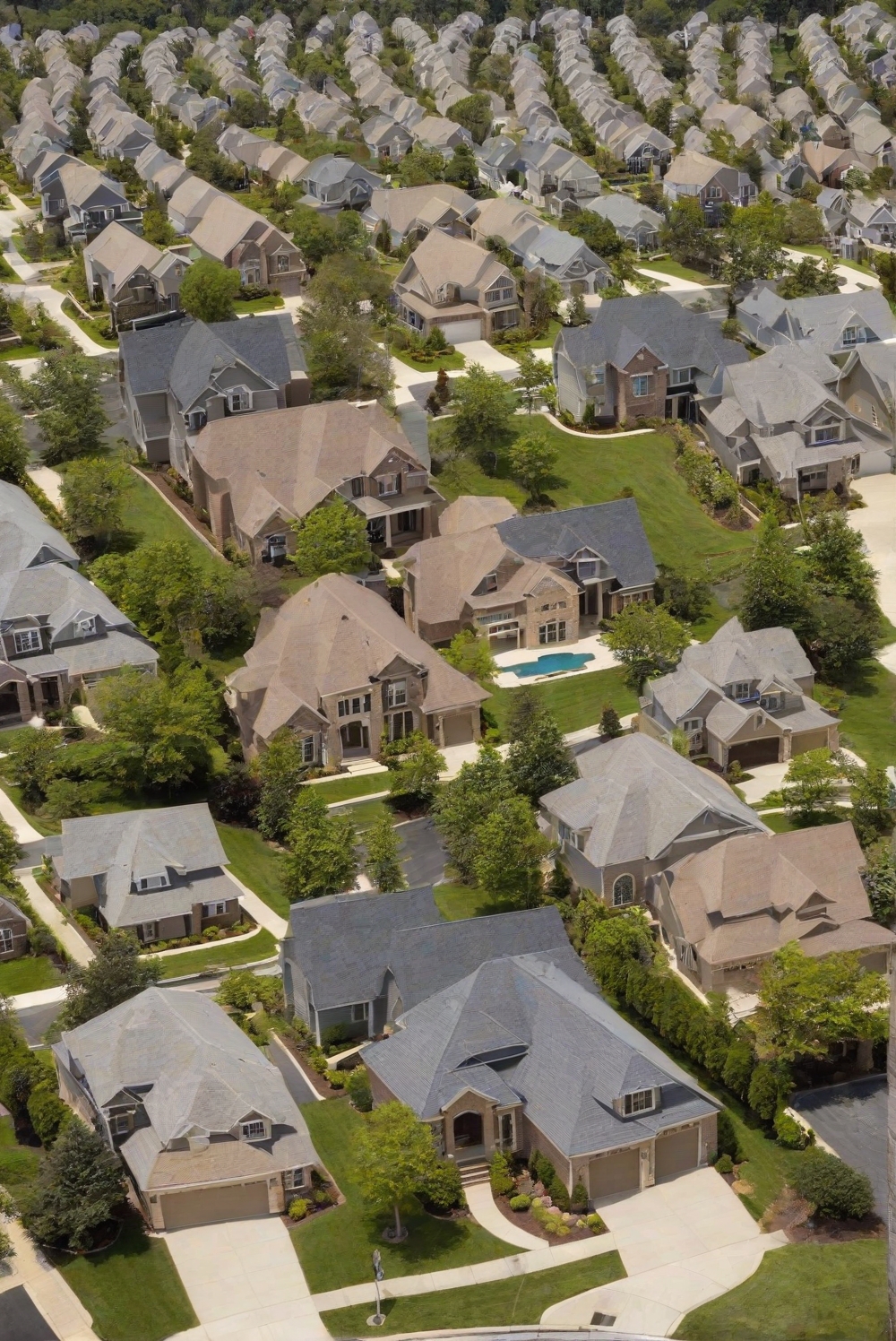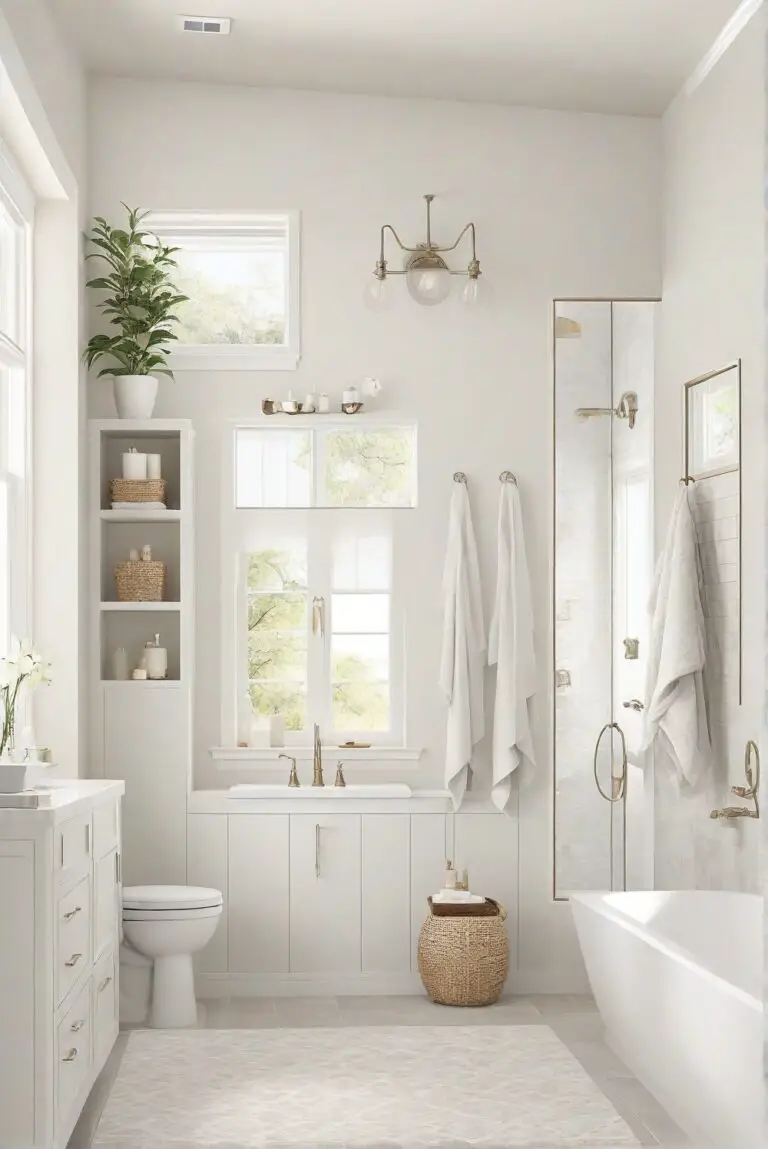Join us for expert advice on pre-settlement inspections in our daily routine for interior designers. Discover key home buying musts and insightful design tips!
Home Buying Musts: Pre-Settlement Inspection Insights!
In order to ensure a smooth home buying process, conducting a pre-settlement inspection is essential. This inspection allows you to identify any issues with the property before finalizing the purchase, giving you the opportunity to address them with the seller. By following this crucial step, you can avoid potential risks and ensure that your new home is in good condition.
When it comes to home interior design, space planning is key. Make sure to consider the flow of each room, the placement of furniture, and how to maximize the use of space. Additionally, choosing the right colors for walls can greatly impact the overall look and feel of your home. Using primer paint for walls before applying the final color can help achieve a smooth and long-lasting finish.
For a cohesive design, it’s important to match paint colors throughout the home, creating a sense of unity and continuity. Whether you’re designing the bedroom, kitchen, or living room, coordinating colors can tie the space together. Investing in the services of interior designers can also provide valuable insights and guidance on creating a stylish and functional home.
Remember, attention to detail is key when it comes to home decorating. By focusing on interior design elements like wall paint, furniture placement, and color coordination, you can transform your living spaces into inviting and harmonious environments. Stay organized throughout the process, and enjoy the rewarding experience of creating a personalized and beautiful home.
Embrace Technology:
Utilizing cutting-edge tools like drones, 3D imaging, and virtual reality can significantly enhance the pre-settlement inspection process. Drones can provide aerial views of the property, helping to identify any potential issues with the roof or surrounding areas. 3D imaging allows for a more detailed examination of the property’s structure, while virtual reality enables remote inspections, saving time and resources.
Green Friendly:
Prioritizing green-friendly homes during a pre-settlement inspection offers numerous benefits. Such properties are built to meet green building standards, which not only contribute to environmental sustainability but also result in long-term cost savings for homeowners. Energy-efficient features reduce utility bills, while eco-friendly materials promote a healthier living environment.
Accessibility Check:
Verifying the accessibility of a property for individuals with disabilities is crucial to ensure compliance with accessibility standards. This includes assessing features such as ramps, wide doorways, and accessible bathrooms. By conducting a thorough accessibility check, you can ensure that the property is suitable for all potential residents and avoid costly modifications in the future.
Sustainable Materials:
Choosing homes built with sustainable and eco-friendly materials is essential for reducing the environmental impact of the property. Sustainable materials are often more durable and require less maintenance, resulting in long-term cost savings. Additionally, eco-friendly homes contribute to a healthier indoor environment by minimizing exposure to harmful chemicals commonly found in traditional building materials.
Smart Home Features:
Properties equipped with smart home technology offer added convenience and security to homeowners. Features such as smart thermostats, security cameras, and automated lighting systems enhance the overall living experience. Smart home technology also allows for remote monitoring and control of various systems, providing peace of mind and energy efficiency benefits.
Neighborhood Analysis:
Conducting a comprehensive analysis of the neighborhood is essential before settling on a property. Consider factors such as safety, proximity to amenities, schools, and transportation, as well as future development plans in the area. Understanding the neighborhood dynamics can help you make an informed decision and ensure that the property aligns with your lifestyle and investment goals.
Home Warranty:
Securing a home warranty is a smart investment to protect against unexpected repairs and maintenance costs post-settlement. A home warranty can cover major systems and appliances in the property, providing peace of mind and financial protection. Before finalizing the purchase, ensure that the home warranty offers comprehensive coverage and aligns with your specific needs.
Protective Inspections:
Arranging specialized inspections like termite, mold, and radon testing is crucial to identify potential issues early on. These inspections can uncover hidden problems that may not be visible during a standard pre-settlement inspection. Addressing these issues proactively can save you from costly repairs and ensure the safety and habitability of the property.
Professional Assistance:
Seeking guidance from real estate agents, inspectors, and attorneys is essential to navigate the pre-settlement inspection process smoothly. Real estate agents can provide valuable insights into the market and help you find properties that meet your criteria. Inspectors can conduct thorough evaluations of the property, while attorneys can review legal documents and ensure a seamless closing process.
Key Takeaways:
1. Embrace Technology: Utilize drones, 3D imaging, and virtual reality for efficient inspections.
2. Green Friendly Benefits: Prioritize energy-efficient and sustainable homes for cost savings and environmental impact.
3. Accessibility Verification: Ensure properties comply with accessibility standards for individuals with disabilities.
4. Smart Home Features: Look for properties with smart technology for added convenience and security.
5. Neighborhood Analysis: Consider safety, amenities, and future development plans in the area.
6. Home Warranty Protection: Secure coverage against unexpected repairs post-settlement.
7. Protective Inspections: Conduct specialized inspections to identify potential issues early on.
8. Professional Assistance: Seek guidance from real estate professionals for a smooth inspection process.








